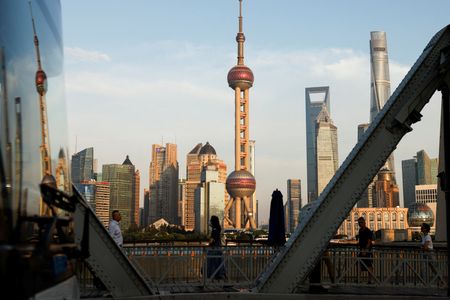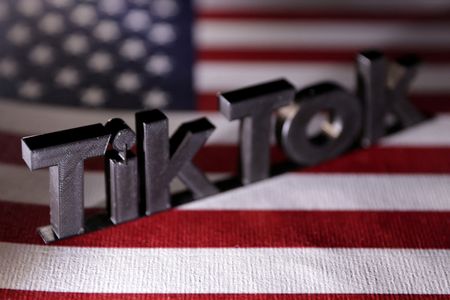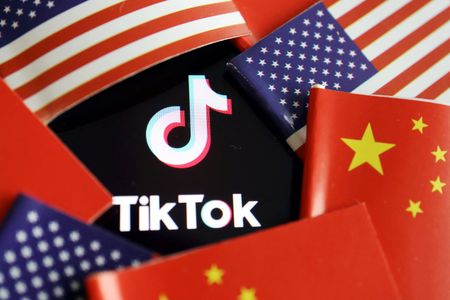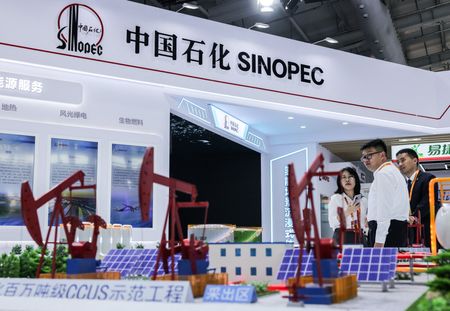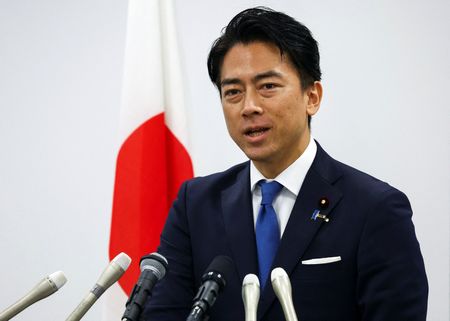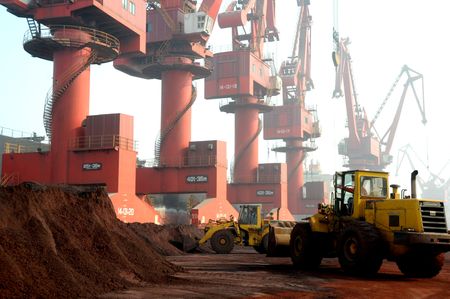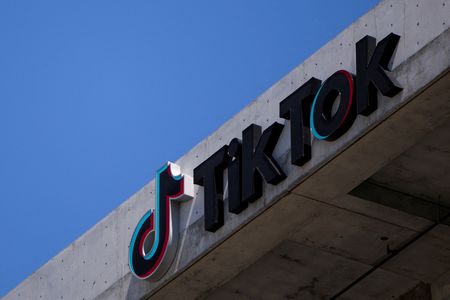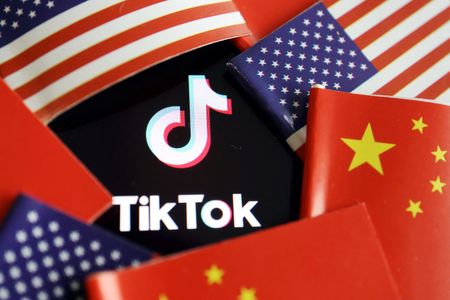By Marc Jones
LONDON (Reuters) – Emerging markets could be seeing a dreaded “sudden stop” of capital flows as President Donald Trump’s ‘America First’ policies pump up the U.S. economy and suck money away from poorer countries, investment bank JPMorgan warned on Thursday.
Analysts fear sudden stops in capital flows because they starve economies of the money they need to grow or even just keep going.
JPMorgan’s in-house indications show there were $19 billion worth of “net capital outflows” from developing economies not including China in the last quarter, with another $10 billion expected to flee in Q1.
“Put simply, using the widely accepted academic definition, this would signal that EM ex China is on the verge of a sudden stop,” the bank said in research note, adding that the phenomenon was not something “to be taken lightly”.
There are some caveats for now.
The current slowdown in capital flows is not being driven by an EM-centric event, but rather the tightening of financial conditions globally as Trump’s tariffs and tax cut pledges raise the possibility that U.S. interest rates stay higher for longer.
With this in mind, “this is not a situation where specific EM countries are under pressure and are facing balance of payments or currency pressures as was the case in 1998-2002, 2013, 2015,” JPMorgan added.
Nor was it a case of weak U.S. economy driving a “risk-off” worldwide sell-off. “Rather, it is one of a strong US economy and policy risks pulling flows out of EM,” analysts wrote.
How the situation plays out from here will depend on what Trump does and whether key U.S. data on jobs, inflation and retail sales prove strong enough to affect the Fed’s interest rate moves, JPMorgan said.
Even if a sudden stop does take hold in EM, most economies should be able to absorb that shock. JPMorgan said those most at risk were Romania, Malaysia, South Africa and Hungary.
(Reporting by Marc Jones in London; Editing by Nia Williams)

